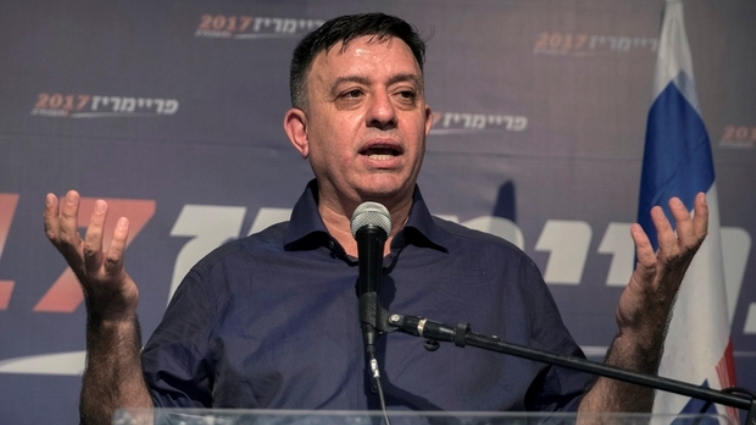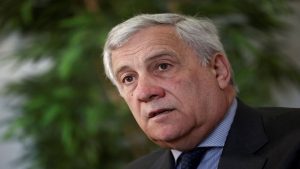Israel’s centre-left opposition dramatically split on Tuesday ahead of an April 9 election, with leader Avi Gabbay announcing he would no longer partner with veteran politician Tzipi Livni as she sat stone-faced next to him.
The announcement means the end of their Zionist Union alliance, which finished with the second most seats in the last general election in 2015 but which has since tumbled far in opinion polls.
Zionist Union included Gabbay’s Labour party and Livni’s Hatnuah.
It won 24 out of 120 seats in 2015, behind Prime Minister Benjamin Netanyahu’s right-wing Likud, which won 30.
Since Gabbay took over as head of Labour in 2017, his partnership with Livni had been uneasy and it was unclear if the alliance would continue for the election.
He inherited the partnership from the previous Labour leader, Isaac Herzog.
“I still believe in partnership, in connections, in uniting a large camp committed to change, but successful connections necessitate friendship, upholding agreements and commitment to a course,” Gabbay told a meeting of Zionist Union parliament members.
“That didn’t happen in this partnership,” he said, adding that he believed voters agreed.
Livni approached the podium immediately afterwards and said tersely she would take time to reflect on Gabbay’s announcement before responding. It was unclear if she was given advance notice.
In a statement shortly after Gabbay’s announcement, Livni said it was “good that the doubts had been cleared,” vowing to focus on winning the upcoming poll.
Gabbay’s decision is the latest realignment ahead of the election and more are expected.
On Saturday, two right-wing ministers, Naftali Bennett and Ayelet Shaked, announced they were splitting from their Jewish Home party to form a new one that they hope will attract a mixture of secular and religious voters.
A popular former armed forces chief of staff, Benny Gantz, has also signalled his intention to run by forming a new centrist party.
Polls show Netanyahu is likely to remain prime minister after the elections despite corruption allegations against him.
The attorney general is expected to announce his decision on whether to charge Netanyahu in the coming months. The premier would not be required to step down if indicted.
Netanyahu currently leads what is seen as the most right-wing government in Israel’s history and says he would like to have a similar coalition after elections.
“I won’t intervene in how the left divides its votes,” he said in a statement after Gabbay’s announcement.
“What’s important to me is that the right forms the next government too, and continues to lead Israel.”






